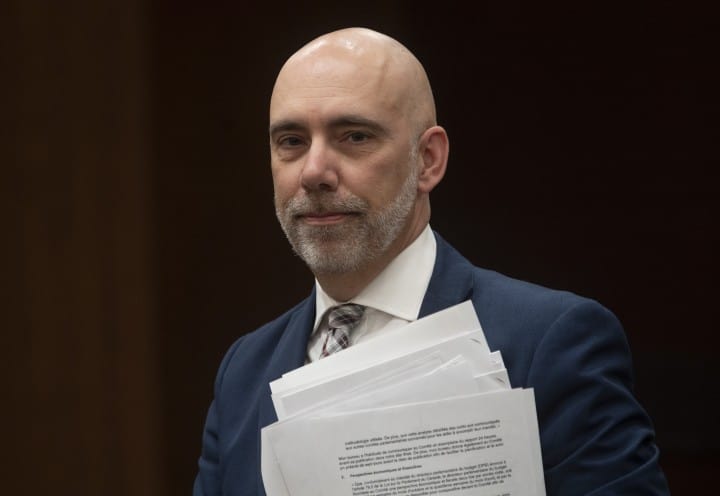Direct financial help coming for Canadians affected by COVID-19, Trudeau says
Published March 13, 2020 at 5:29 pm

OTTAWA — Prime Minister Justin Trudeau says the federal government is looking at ways to get money directly into the pockets of Canadians so they can cover their bills should their lives be upended by COVID-19.
He says help would be targeted to vulnerable Canadians, as well as help to small businesses and workers who see disruptions in their earnings.
The heft of the stimulus package will likely come out this afternoon when Finance Minister Bill Morneau addresses reporters.
Trudeau says the government’s focus is on ensuring that Canadians have the resources and money they need to not have to stress about rent and groceries if they can’t go to work.
Private-sector economists warn that Canada is heading into a recession because of the economic shock of COVID-19, which may only be avoided with hefty stimulus spending from the federal government — as much as $20 billion, or roughly one per cent of GDP.
In an interview Friday, parliamentary budget officer Yves Giroux said the novel coronavirus has made the short-term economic picture far bleaker than it was just a few weeks ago, especially when coupled with a sudden drop in oil prices.
The Liberals had promised to deliver a budget on March 30, but the House of Commons has now agreed not to sit until late April to prevent the spread of the novel coronavirus disease.
The government needs to reassure the workers and businesses with concrete measures that even if not announced are at least promised to avoid steep losses and address the uncertainty that is roiling the economy, Giroux said.
“The magnitude of these support measures are very hard to tell,” he said. A package of $20 billion isn’t “unreasonable,” Giroux added: “It depends on what the government wants to shield the economy from.”
In a separate report, Giroux’s office estimated that last month’s rail blockades will shave two-tenths of a percentage point off economic growth for the first quarter, with the effects dissipating through the rest of 2020.
The rail blockades sprung up in solidarity with Wet’suwet’en hereditary chiefs in B.C. who oppose a natural-gas pipeline through their traditional territory.
insauga's Editorial Standards and Policies advertising





